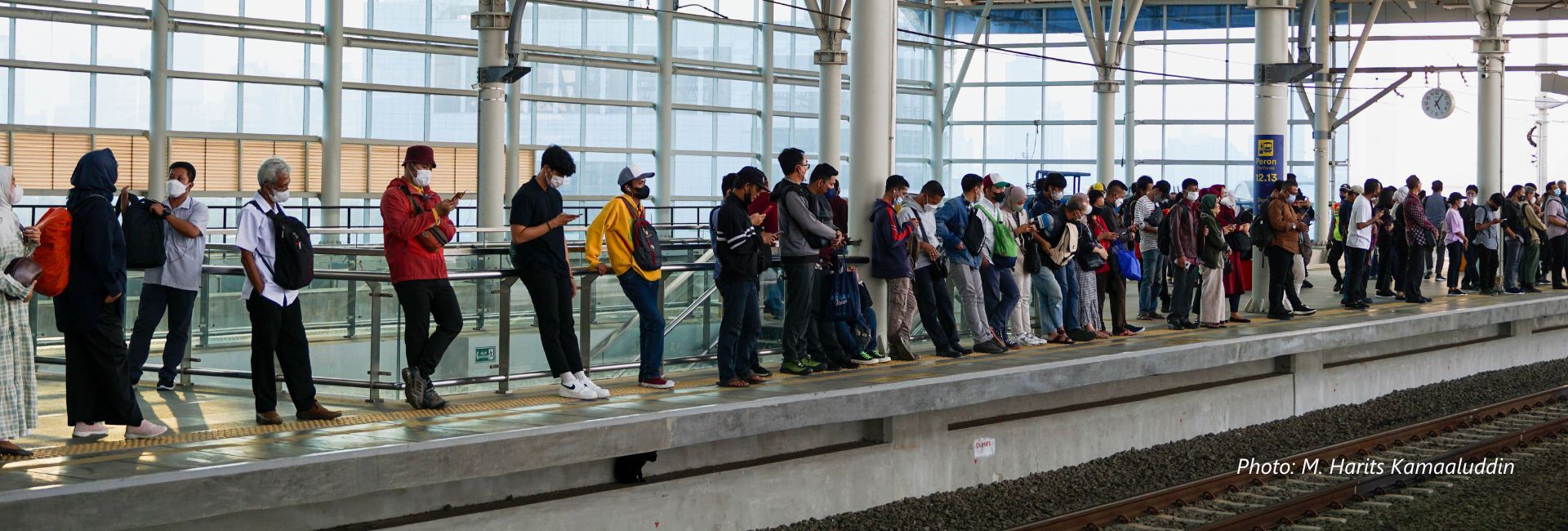This study examines how prepared employers and jobseekers are when faced with institutional change, namely the use of the labor market information system (LMIS) created by the Ministry of Labor. We will identify causes of institutional change and conduct an analysis to understand factors influencing readiness of employers and jobseekers in this area. From this analysis, we will draw some policy implications to understand how the LMIS should be used for greater efficiency and closer interaction between employers and jobseekers in the labor market.
The scope of the study is limited to vocational high school graduates who—unlike those of higher education—still require support to make good use of the LMIS. The government provides access to the LMIS for those laid off under the newly established Unemployment Benefit Scheme. Along with it, they will also benefit from a six-month cash transfer and training program.
The study found that the internet has not helped big firms in recruiting for operator positions. Instead, big firms prefer to use offline intermediaries to screen through irrelevant applicants. Firms also use intermediaries to avoid pressure from the local community and illegal brokers. Vocational high school graduates are not entirely ready to go digital either. Despite having experience in using the internet for job applications, jobseekers still experience a digital divide as well as have limited digital literacy, including in cases of hoax job vacancies. Since finding work is extremely important for their livelihood, providing access to the LMIS that connects them with vacant positions would be important in this context. They should be introduced to the LMIS while still at school.
Being an important instrument for the implementation of the Unemployment Benefit Scheme, the LMIS at the national level should be complementary rather than competitive with private job matching platforms. The government should also be an aggregator of labor market information at the subnational levels since employment is the responsibility of the kabupaten/kota government. As there are costs involved in recruitment, and to allow for faster digitalization, the recruitment process should be streamlined to enable easier sortation and indexing. This is particularly important for vocational career centers (BKK), who cannot charge jobseekers. Additionally, HR managers should utilize various HR applications to enable faster screening and to minimize adverse selection.
Suggested citation:
Bachtiar, Palmira, Luhur Bima, Anne Shakka, and Alya Sabrina Aliski (2024) ‘Readiness of Employers and Jobseekers to Move Online: Challenges Facing Labor Market Information Platforms.’ SMERU Working Paper No. 1/2024. Jakarta: The SMERU Research Institute <URL> [access date].







